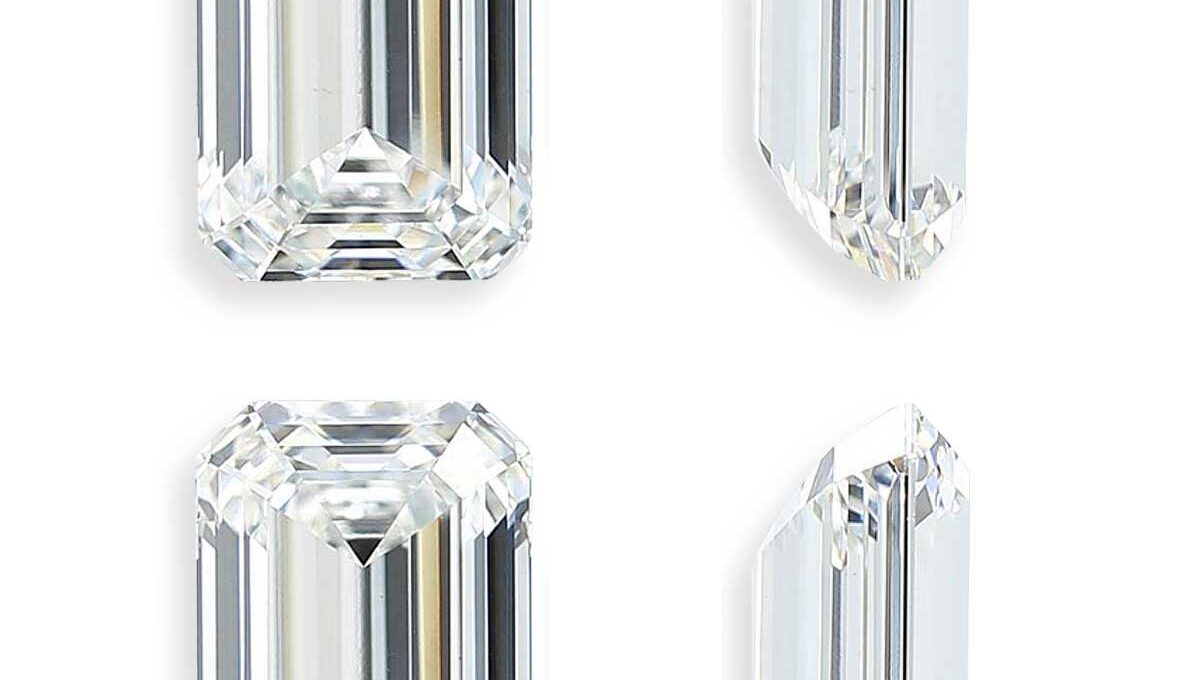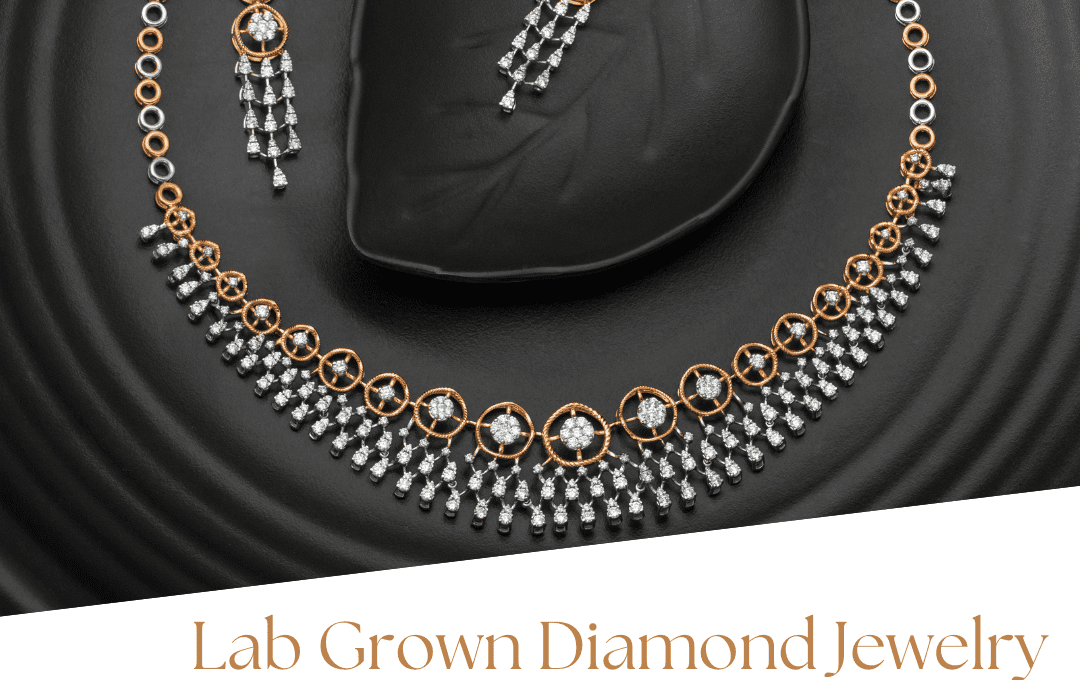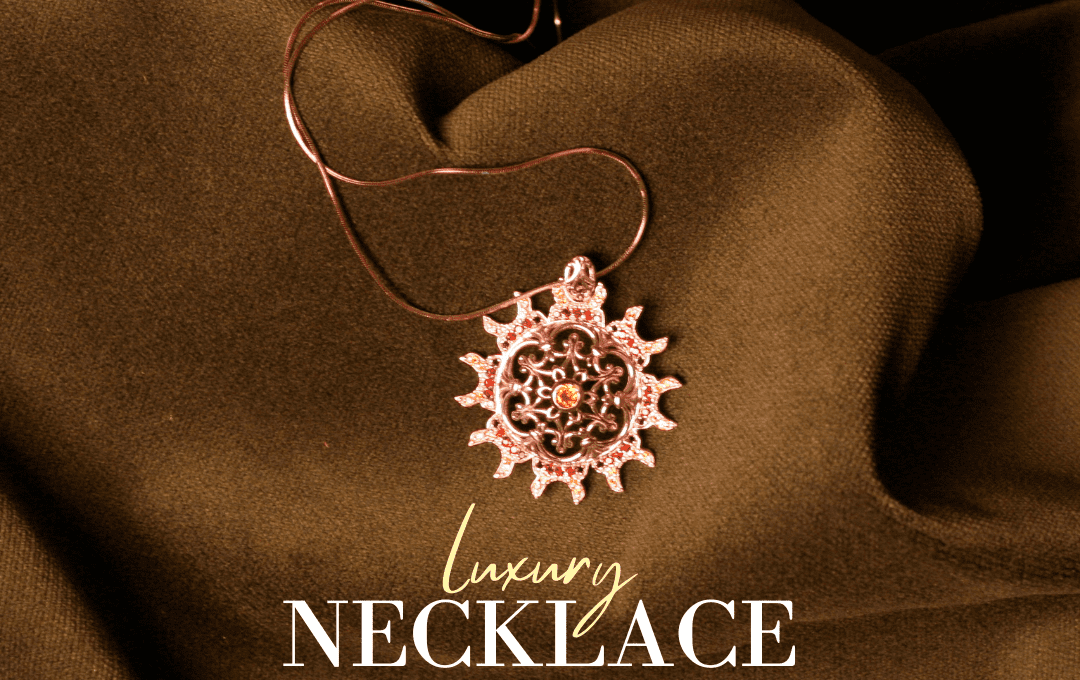

Exploring the Legality of Lab-Grown Diamonds
Exploring the Legality of Lab-Grown Diamonds lab-grown diamonds have gained popularity as a sustainable and ethical alternative to natural diamonds. These diamonds, also known as synthetic or man-made diamonds, are created in controlled laboratory environments using advanced technology that replicates the natural conditions required for diamond formation. As consumers become more conscious of the environmental and ethical implications of traditional diamond mining, the question of the legality of lab-grown diamonds has come into focus.
One of the key aspects to consider when evaluating the legality of lab-grown diamonds is how they are marketed and sold. Lab-grown diamonds are not considered fake or imitation diamonds; they are real diamonds with the same physical, chemical, and optical properties as natural diamonds. The Federal Trade Commission (FTC) in the United States has issued guidelines stating that lab-grown diamonds can be referred to as “diamonds” as long as they are properly disclosed as lab-grown or synthetic. This transparency is essential to ensure that consumers are fully informed about the origin of the diamonds they are purchasing.
From a legal perspective, lab-grown diamonds are subject to the same regulations and laws that govern the diamond industry as a whole. This includes compliance with the Kimberley Process Certification Scheme, an international initiative aimed at preventing the trade of conflict diamonds. Lab-grown diamonds are not conflict diamonds, as they are not mined from the earth in regions where diamond mining fuels violence and human rights abuses. This distinction further emphasizes the ethical appeal of lab-grown diamonds and their compliance with global regulations.
In terms of trademarks and consumer protection, lab-grown diamond manufacturers and retailers must adhere to the same standards as natural diamond sellers. Misrepresentation of lab-grown diamonds as natural diamonds or misleading marketing practices are prohibited and can lead to legal consequences. It is crucial for businesses in the lab-grown diamond industry to maintain transparency and accuracy in their marketing efforts to ensure compliance with consumer protection laws.
As the demand for lab-grown diamonds continues to grow, regulatory bodies and industry organizations are adapting to accommodate this shift in the diamond market. The legal landscape surrounding lab-grown diamonds is evolving to address the unique characteristics and considerations of these man-made gems. With clear guidelines from regulatory agencies and a commitment to transparency and integrity, the legality of lab-grown diamonds is upheld, providing consumers with a viable and ethical choice for their jewelry needs.
In conclusion, lab-grown diamonds are legal and legitimate gemstones that offer a sustainable, ethical, and transparent alternative to natural diamonds. By adhering to industry regulations, disclosing the origin of the diamonds, and maintaining transparency in marketing practices, the legality of lab-grown diamonds is upheld, ensuring that consumers can confidently choose these innovative gems for their jewelry collections.


